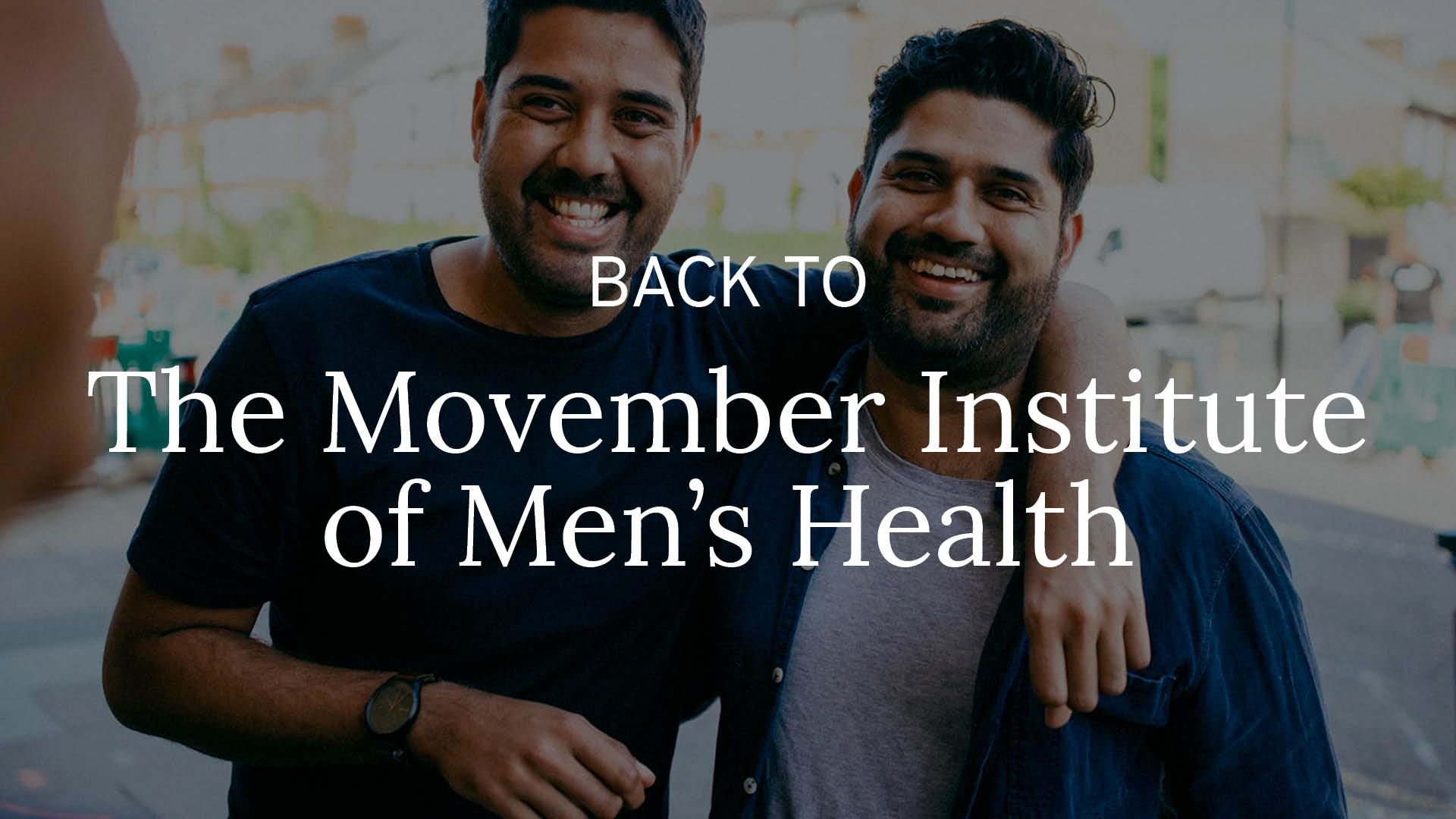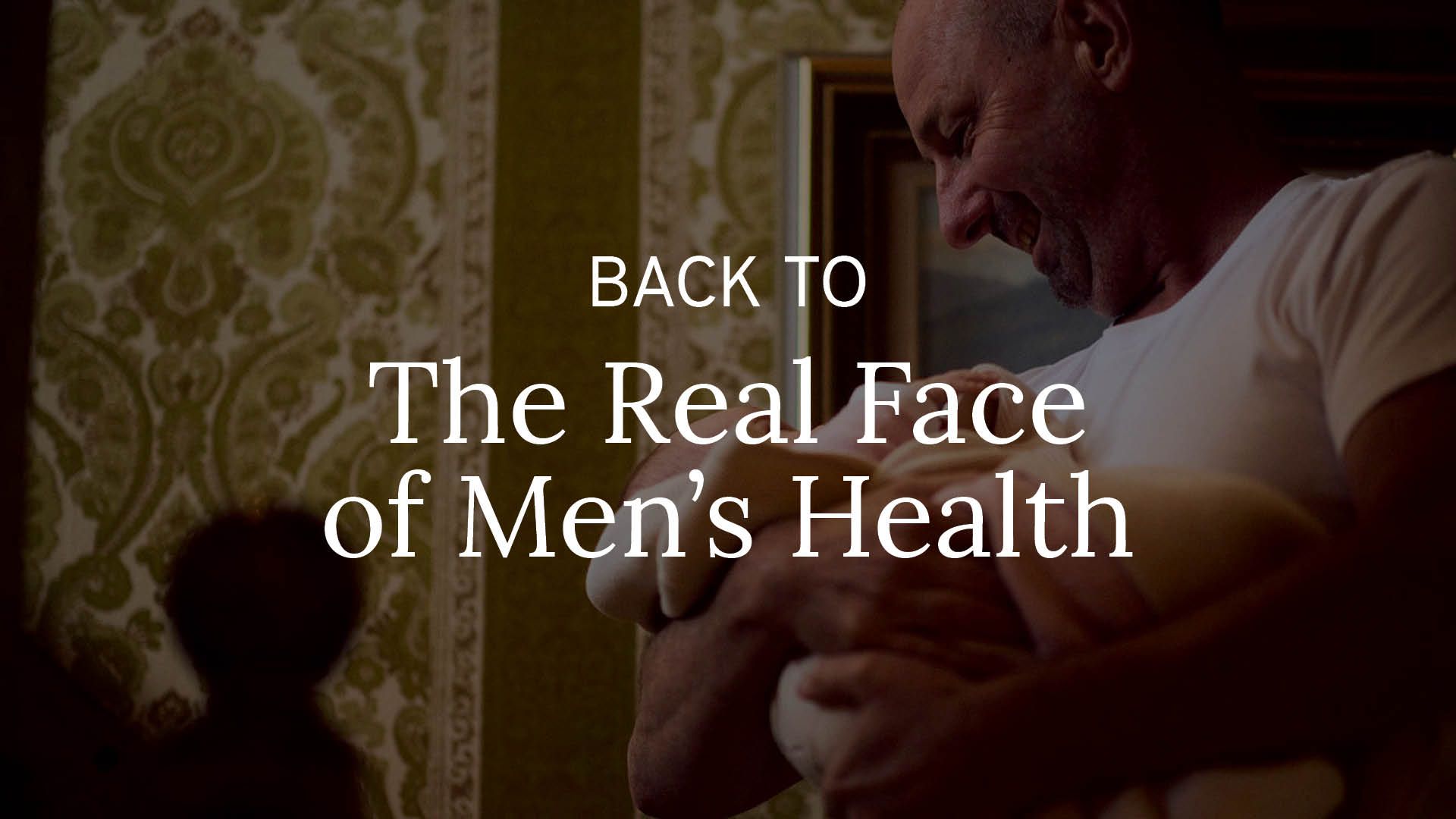


What are our young men experiencing online?
Social media plays a huge part in young men’s lives. Once fringe subcultures, influencers who create ‘men and masculinity content’ now amass millions of young male followers worldwide.
Despite high levels of public interest, there has been a lack of attention given to the voices and experiences of young men engaging with this content and how it is impacting their health. Movember sought to change this by hearing from young men themselves about the influence of this content on their lives and wellbeing.
Video created by The Good Side using data from report and personal story told by Will Adolphy.
This report is the first report of its kind to uncover the impacts of this content on young men themselves, and their health at scale.
With survey data from over 3,000 young men (aged 16-25) across the United Kingdom, United States and Australia, it offers new insights highlighting both the opportunities and risks associated with this content and how online influencers shape what young men think about health, gender roles and identity.
At a glance
Key findings from the Young Men's Mental Health in a Digital World Report.
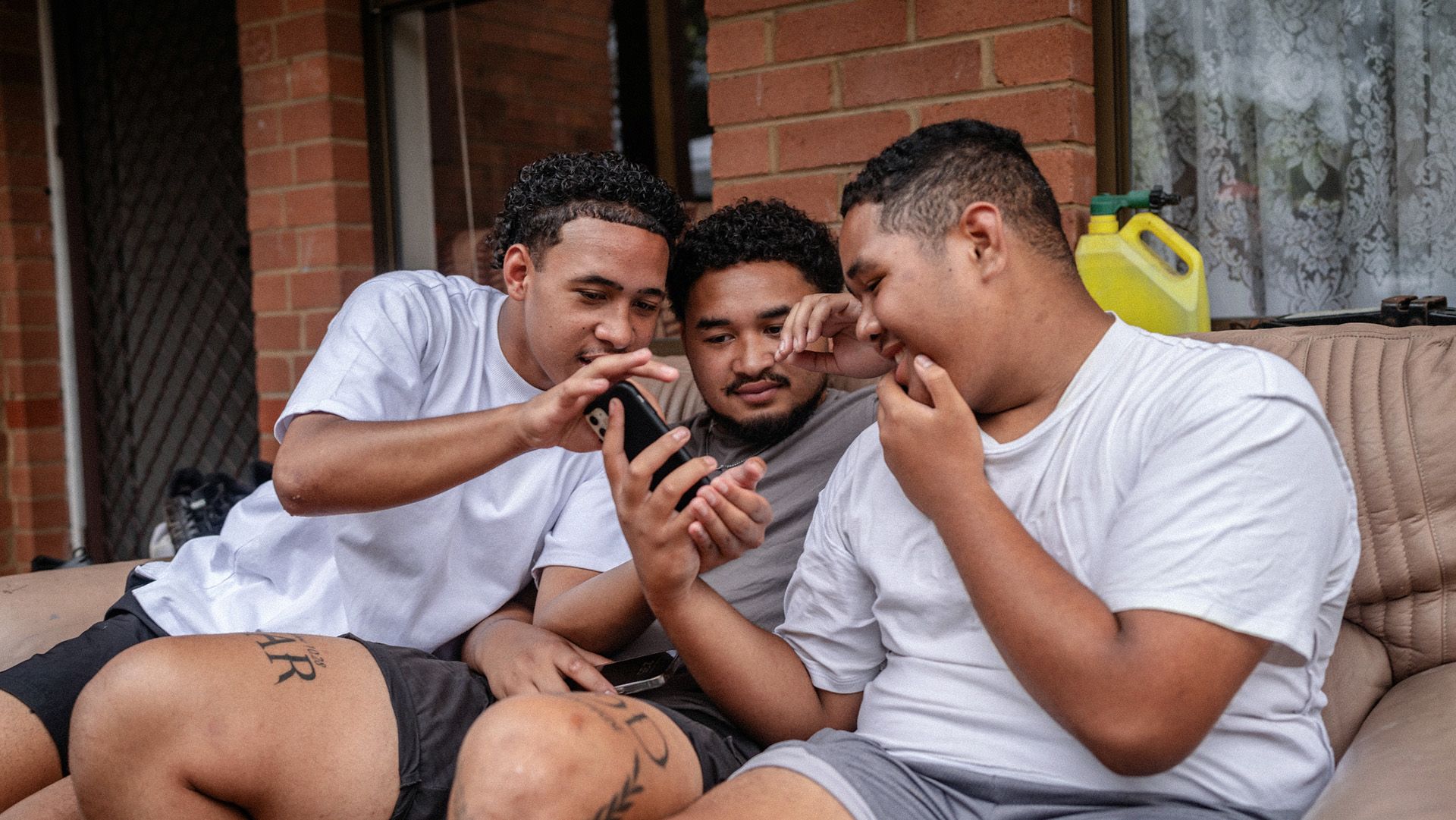
Men and masculinity influencers have gone mainstream
Nearly two-thirds of the young men in our study regularly engage with men and masculinity influencers. Far from being a fringe, subculture, this content is mainstream when it comes to both its themes (fitness, financial success, relationships) and its reach.

These influencers appeal to young men
While primarily engaging with influencers for entertainment, many young men reported acting upon influencers advice. They described this content as entertaining, motivating and inspiring.

This content may play a role in young men's health outcomes
Young men who watched these influencers were more likely to report worse mental health outcomes, a reduced willingness to make their mental health a priority, and a higher rate of risk-taking (such as steroid use or exercising while injured).
Key findings
The numbers that stand out.
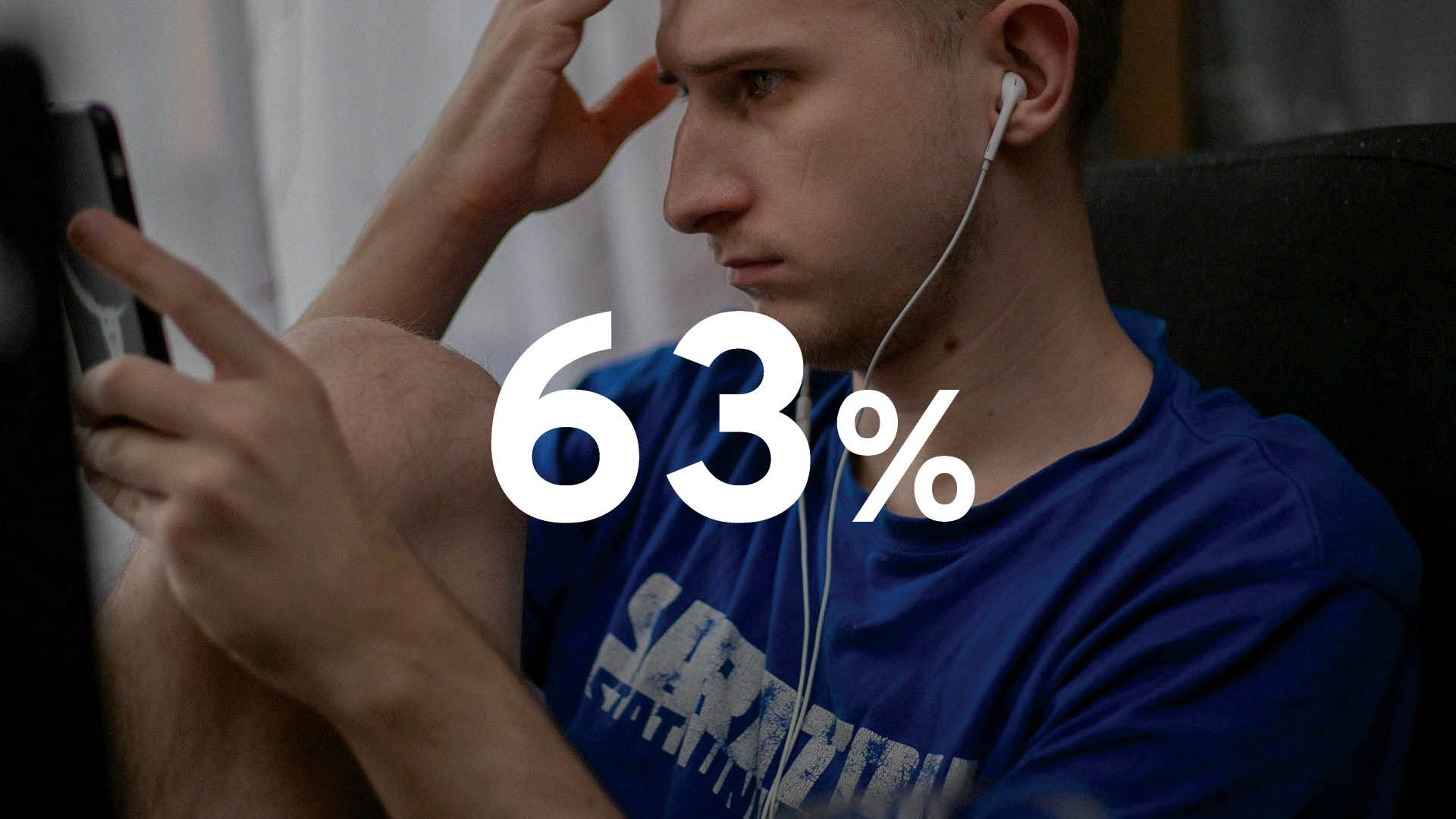
63% of young men surveyed watch men and masculinity influencers.

43% of young men watching masculinity influencers found them motivating.
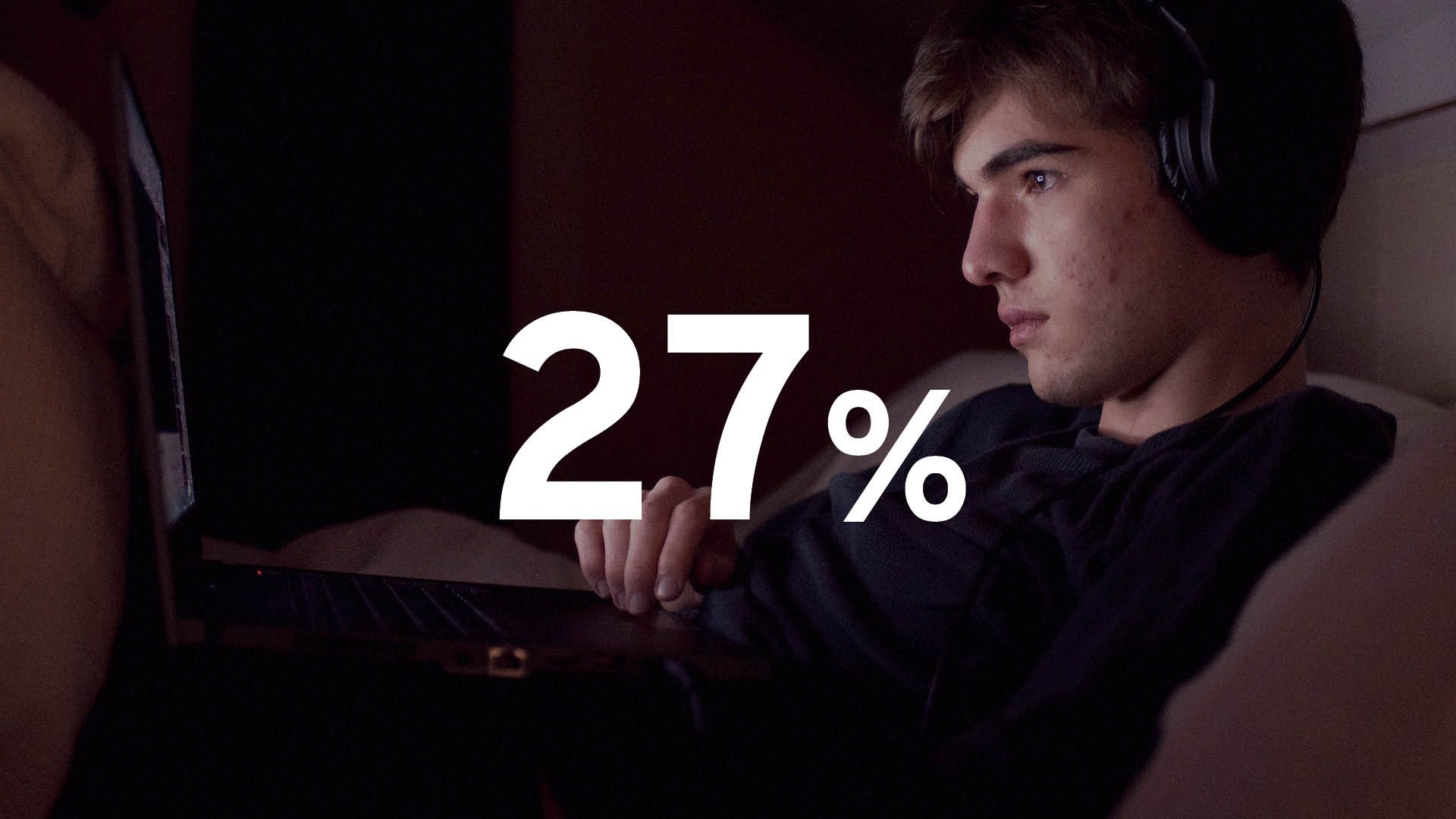
27% of young men watching masculinity influencers reported feelings of worthlessness.
Enquiries
We look forward to hearing from you.
Don’t miss the latest on men’s health
Get updates from the Movember Institute of Men’s Health’s and learn more about our work.
By checking this box, you agree and acknowledge to receiving marketing and other communications from Movember in relation to the Movember Institute. Movember will collect, handle and hold your personal information in accordance with its Privacy Policy, which includes contact details if you have any questions, or would like to request access to or correct your personal information.

